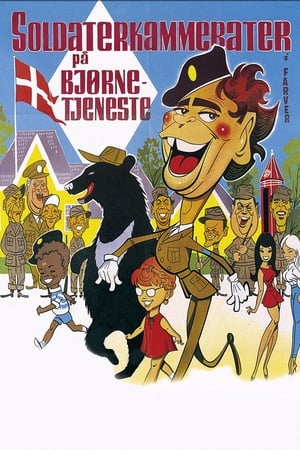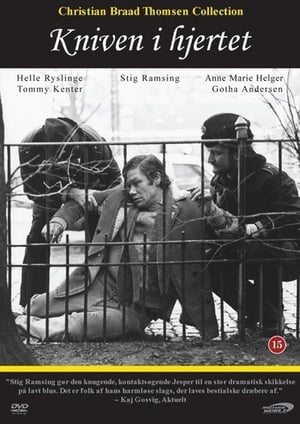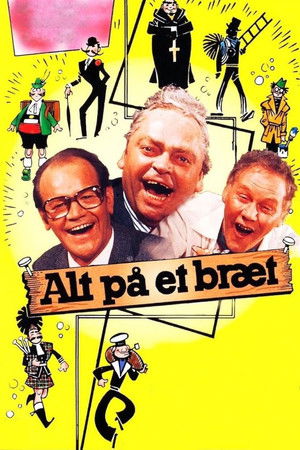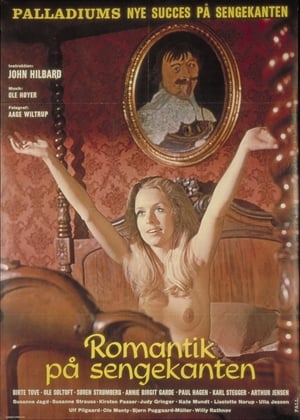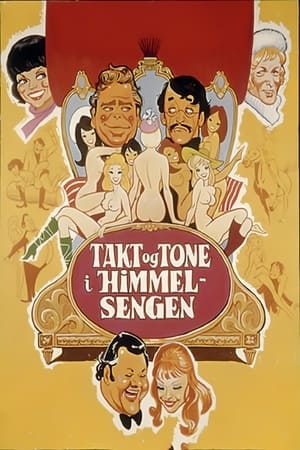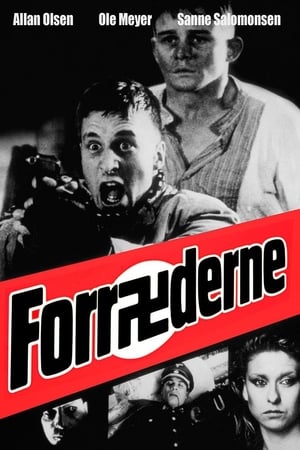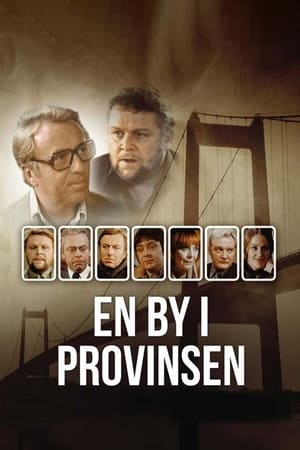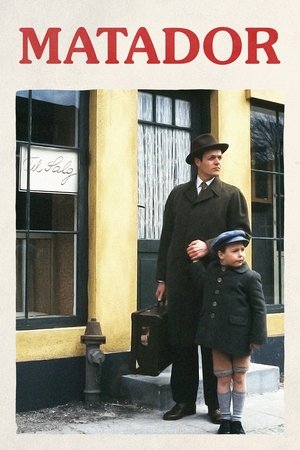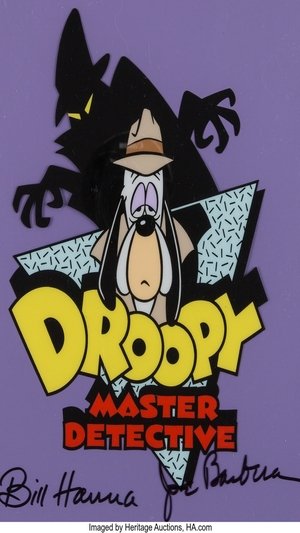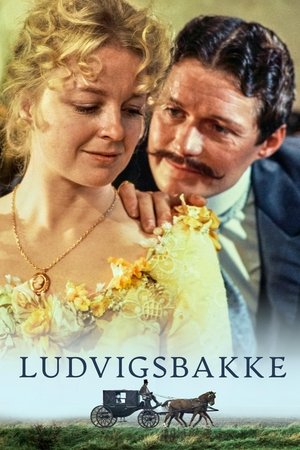Biography
Esper Hagen Andersen, der er søn af skuespillerinden Asta Esper Andersen og skuespilleren Paul Hagen, var elev af Gerda Gilboe og blev uddannet på Odense Teaters elevskole i årene 1968-1971. Han debuterede 14/9 1967 som Tommy i "Pippi Langstrømpe" på Det ny Teater i København. Han har siden haft engagementer på en række teatre og revyer bl.a. på Værkstedsteatret i Odense, Odense Teater 1970, ABC-Teatret 1972-73 og Det Danske Teater. I Rottefælden på Svendborg Sommerteater fik han i 1972 for første gang lejlighed til at prøve sit komiske talent. Det blev et gennembrud og i 1974 vendte han tilbage og gav dobbelrollen som kirke- og trafikminister Kresten Damsgaard. Særlig huskes Esper Hagen for sin rolle i "Matador" som den ambitiøse førstemand hos Mads Skjern. Siden har Esper Hagen lagt stemme til flere figurer i tegnefilm.

